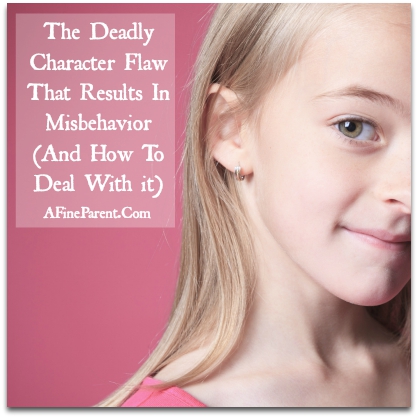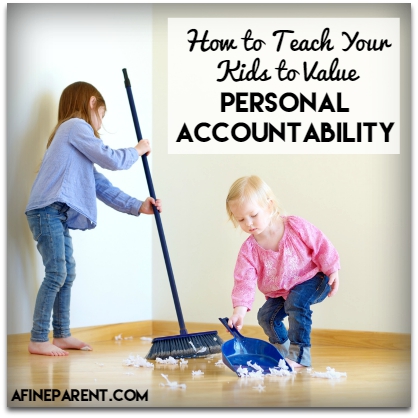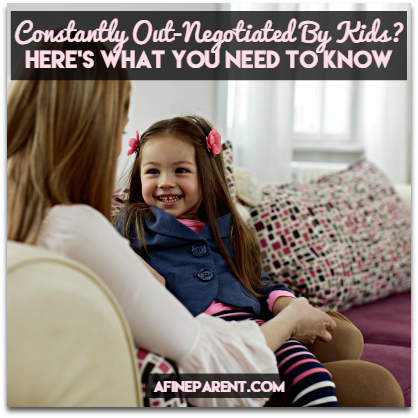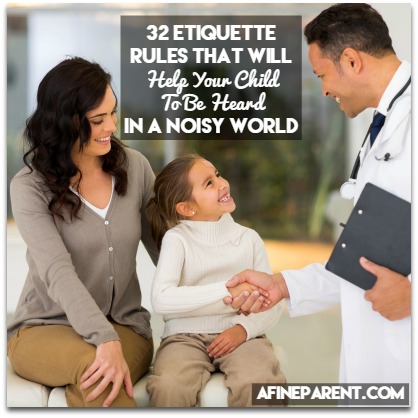 It’s that time of the year again… you know, the time to make New Year’s resolutions.
It’s that time of the year again… you know, the time to make New Year’s resolutions.
How often do you keep your resolutions, though?
Do you make goals like: be a more positive parent, lose 75 lbs., run 2 miles a day, do more things as a family? Those are noble goals, but they are quite lofty and each one realistically requires many small baby steps to even be able to begin to achieve them.
I confess; I’ve made the resolution “be a more positive mom”! I tried to say encouraging things to my kids in the morning while getting ready for school. I attempted to organize my life more efficiently so I would be less stressed and have more energy.
But despite all my great efforts, by Ground Hog Day, I had given up and had literally forgotten about the “positive” list tucked away in a basket in my nightstand.
Things changed 8 years back when I decided to stop making New Year’s resolutions.
 Your kids say
Your kids say  Did you know that one of the most important character traits we can teach our kids is personal accountability? But, how?
Did you know that one of the most important character traits we can teach our kids is personal accountability? But, how? Have you ever found yourself drawn into deep negotiations with your child?
Have you ever found yourself drawn into deep negotiations with your child? Have you ever wondered what it must be like to be a child in today’s busy grown-up world?
Have you ever wondered what it must be like to be a child in today’s busy grown-up world?